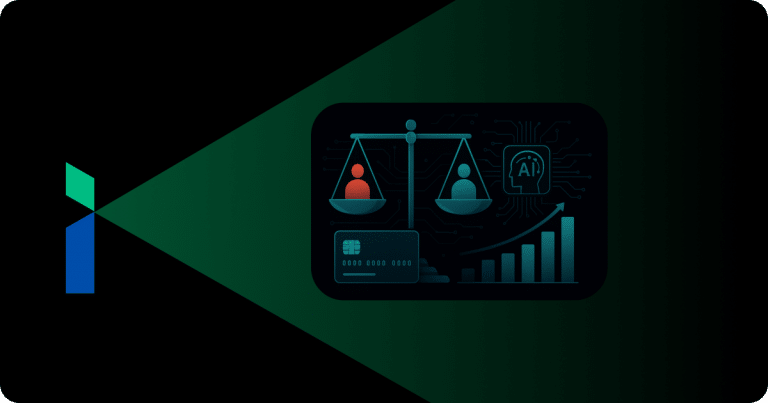Author: Pramod Veturi, CEO, International Business
In the late 1960s and early 1970s, Stanford psychology professor Walter Mischel ran a fascinating social study known as the Marshmallow Experiment.
In this study, a group of 32 children aged 3 to 6 years was put through a test of self-restraint.
The experiment involved every kid being taken into an isolated room where a single Marshmallow was strategically kept on the table.
The researcher then offered a deal to the kid. He would leave the room and be back in 15-20 minutes. And, if the kid did not eat the Marshmallow on the table while he was away, there would be a reward of an additional Marshmallow. However, if the kid decided to eat the first one before the researcher returned, he would not get a second marshmallow.
So the choice was simple: one treat immediately or two treats later.
This experiment’s essence was to assess how kids reacted to the choice of instant gratification vs. delayed gratification.
Some kids didn’t wait. As soon as the researcher left the room, the Marshmallow on the table was eaten. A few other kids hemmed and hawed, prancing around desperately trying to control the urge to pick up the Marshmallow on the table, but failing. And finally, a few of the children did manage to wait the entire time. This adorable and entertaining footage can be seen here.
After administering the test, Mischel and his colleagues tracked how these children went on to fare later in life.
The Power of Delayed Gratification
The research threw up a powerful observation. Kids in the Marshmallow experiment who were willing to wait out the 15-20 minutes to get the bigger benefit of two treats were seen to be more successful across multiple life measures like Academics, Health, Social Skills, etc.
The experiment empirically established that self-discipline ( ability to give up immediate benefit and delay gratification) is an essential factor that drives success in life.
This tussle between giving in to our immediate desires and instincts and having the will not to give in and delay gratification, plays out in our life every day.
● The TV Series is beckoning me. Should I give-in or delay the gratification of completing my music practice first?
● Should I focus on the task at hand or give in to the distraction of scrolling through my Instagram feed?
● I feel low on energy. Should I push through and go for my work out or take a rest?
There is no doubt that when we choose the pain of discipline over the ease of distraction, we are more likely to see success in whatever we do.
The ability to give up what you desire now in favor of what you deserve in the future-This is the essence of Delayed gratification.














